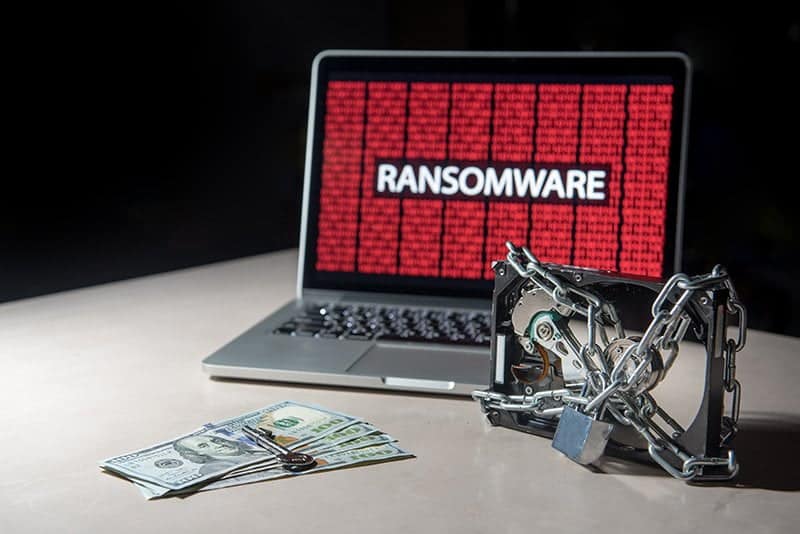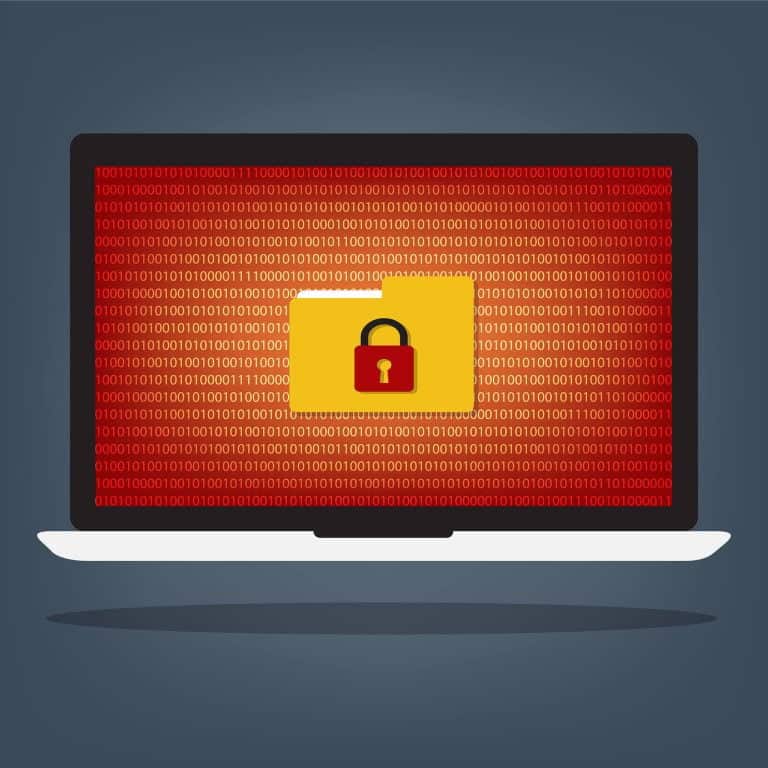Ransomware is a bit of a hot topic in the business sector at the moment. We are seeing business owners all over, from those who work in tech to those with little to no technical knowledge at all sitting up and paying much closer attention to their security, which we think is fantastic. With all of the recent breaches and attacks on business, it’s not surprising that Google saw a huge spike in the number of users searching the term ‘ransomware’ in May of this year. Over 100% more searches were done in this period than in the previous 5 years for the term ‘ransomware’, which shows just how much awareness there is of this type of attack, as it grows in popularity among cyber criminals. This dramatic increase means that people and business owners across the world are becoming very aware of all the digital threats out there, all clamouring for access to business data and cash. So how can businesses possibly protect themselves against ransomware attacks?
Table of Contents
ToggleWhat Is Ransomware?
Ransomware is just one of many types of malware – malicious software designed to damage of disrupt a computer system. Malware is used for all sorts of things, from gaining access to computers to damage them, take them over, gain access to sensitive information or simply erase data. Ransomware is one of the more devious varieties of malware, and one of the most difficult to get rid of. Once inside your systems, it will lock you out, preventing you from accessing anything. Instead, it will simply display a screen demanding money in exchange for access, usually payable in untraceable bitcoins. It may also say that if you don’t pay, your files will be destroyed. In more recent attacks, we have also seen ‘reverse ransomware’. In these cases, the ransomware still locks you out, but instead of threatening to destroy your files, it pledges to publish them online instead, which for businesses dealing with sensitive information is much, much worse.
So How Can I Protect Against It?
The key to protecting yourself and your business against malware infections such as ransomware is in proactivity. Not doing anything until you are hit is like buying insurance after your house has burnt down – it might protect you in future, but the damage has already been done. So, business owners who want to stay safe online need to take the offensive. As a general rule, all businesses should have anti-virus, firewalls and web filtering installed on all devices connected to the internet as standard – including servers and other hardware. Cyber security training should be delivered to every employee within the business to ensure no one accidentally opens or downloads something infectious. Business should implement IT security policies like secure passwords and rules around downloading applications from the internet, and ensure all patches – both security and general – are always up to date for every system. Some business owners might want to take this one step further to ensure full coverage. This process includes investing in extensive security testing to identify their weak spots, so they know where they need protection the most. A cyber security expert such as Bridewell can then advise on a robust, bespoke security solution that meets your unique business needs.
Extra Fail Safes
Of course, even the best systems in the world can go wrong sometimes, usually because a person in the business has done something they shouldn’t, maliciously or not. People are one of your biggest security risks in IT, so it’s important to have an extra fail safe in place. To really ensure your business never falls prey to a ransomware attack, you should be performing regular, offsite backups. This means that the threat of destroying your data is fairly harmless, because you can simply restore your systems from the backups once you have removed the ransomware. This might seem like a simple thing, but even today a third of businesses don’t back up their data, making them especially vulnerable to attack.
As a final note, if you suspect your machine may be infected with malware of any kind, disconnect it from the internet and network immediately. This will stop any infection from spreading and allow you to assess the damage and deal with the malware as an isolated incident, instead of a companywide attack. For more information on protecting your business against ransomware attacks, or to find out more about our cyber security services, just get in touch with the team today.





